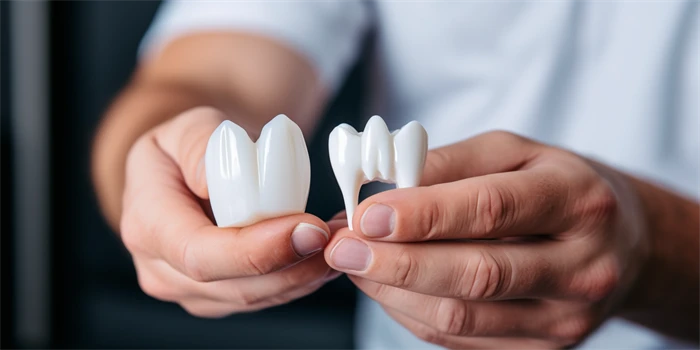Dental implant surgery is a significant procedure that requires proper care and attention during the healing process. One crucial aspect of recovery is the diet you follow, as certain foods can promote healing and reduce discomfort. In this article, we will explore ten different aspects of what to eat after dental implant surgery to ensure a swift and effective recovery.

1. Soft Foods
Immediately after dental implant surgery, it is recommended to consume soft foods that do not require much biting or chewing. Opt for mashed potatoes, pureed soups, yogurt, and cooked vegetables to provide necessary nutrients without causing strain on the implant area. Remember to avoid crunchy or hard foods during the initial healing phase.
In terms of cost, soft foods can vary depending on your location and personal preferences. On average, expect to spend around $50-$100 per week on these types of foods.
2. Protein-Rich Foods
Protein is essential for tissue repair and can significantly contribute to healing after dental implant surgery. Include foods like eggs, chicken, fish, and tofu in your diet to ensure an adequate intake of this vital nutrient. Protein shakes or smoothies can also be a convenient option.
For protein-rich foods, prices can range from $5-$15 per pound, depending on the source and quality of the product.
3. Vitamin C
Vitamin C plays a crucial role in boosting the immune system and promoting the production of collagen. Incorporate fruits and vegetables like oranges, strawberries, bell peppers, and broccoli into your meals. A daily vitamin C supplement can also be beneficial for overall healing.
In terms of pricing, fresh fruits and vegetables can vary, but on average, expect to spend around $20-$30 per week on vitamin C-rich foods.
4. Antioxidant-Rich Foods
Antioxidants help reduce inflammation and boost the body's natural healing process. Include foods like blueberries, spinach, kale, nuts, and green tea in your diet to benefit from their antioxidant properties. These foods can aid in reducing any swelling or discomfort associated with the surgery.
Prices for antioxidant-rich foods can range from $10-$20 per week, depending on the availability and seasonality of the products.
5. Foods Rich in Omega-3 Fatty Acids
Omega-3 fatty acids possess anti-inflammatory properties and play a crucial role in promoting oral health. Incorporate foods such as salmon, walnuts, flaxseeds, and chia seeds into your diet to reduce inflammation and support the healing process.
The cost of omega-3 rich foods can vary, with an average weekly expense of $20-$30 for optimal intake.
6. Avoid Alcohol and Tobacco
While this may not pertain directly to foods, it is essential to mention the avoidance of alcohol and tobacco products during the healing process. Alcohol can interfere with the body's natural healing ability, while tobacco products can impair blood flow and increase the risk of complications.
7. Foods to Avoid
Avoid certain foods that can disrupt the healing process, such as spicy foods, acidic foods and drinks, hard candies, and chewy or sticky foods. These can irritate the implant area or cause damage to the newly placed implant.
8. Hydration
Maintaining proper hydration is crucial for the healing process and overall health. Drink plenty of water throughout the day to stay adequately hydrated. Avoid sugary beverages and opt for water or herbal teas instead.
9. Prescription Recommendations
Follow any specific dietary instructions given by your dentist or oral surgeon. They may suggest certain softer or bland foods to consume during the initial healing phase, along with any necessary medications or supplements.
10. Gradually Introduce Regular Foods
As the healing progresses, gradually introduce regular, healthy foods back into your diet. Be mindful of any discomfort or irritation and make adjustments accordingly.
Frequently Asked Questions
1. Can I eat solid foods immediately after dental implant surgery?
No, it is recommended to start with soft foods and gradually transition to regular foods as the healing progresses.
2. How long should I follow a specific diet after dental implant surgery?
The duration of following a specific diet varies from case to case. Consult your dentist or oral surgeon to determine the appropriate timeline for your recovery.
3. Are there any specific foods I should completely avoid after dental implant surgery?
Yes, it is best to avoid spicy foods, acidic foods and drinks, hard candies, and chewy or sticky foods that can disrupt the healing process.
References:
- American Dental Association
- Colgate



